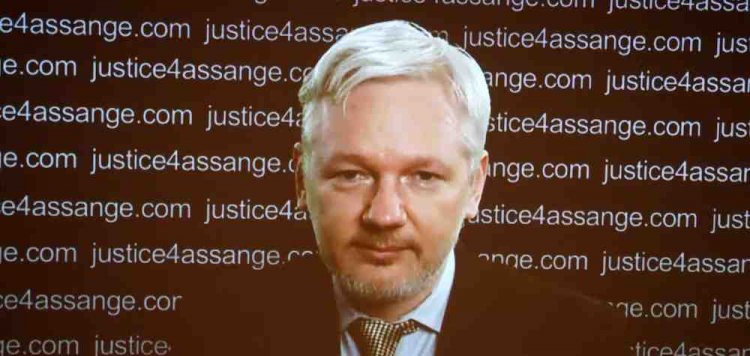The European legal framework for whistleblowers

Date: 17/03/2023
Anouk PINAUD
International Justice and Human Rights Researcher
Global Human Rights Defence
The European Court of Human Rights stated in its Grand Chamber judgement of 14 February 2023, in the case Halet v. Luxembourg, that the concept of whistle-blower had not been unequivocal legal definition. However, within the European Union, specific rules on whistleblower protection exist. The latter aims to guarantee and protect the rule of law, democracy, and human rights.
The Council of Europe provides a definition of “whistleblowing”: “Whistleblowing is about bringing into the open information on activities that have harmed or threaten the public interest”. Thus, whistleblowers make use of their freedom of expression in order to expose crimes or offences. Freedom of expression is an essential human right. A framework had to be created because they are very often the target of intimidation, threats and reprisals.
Article 10. 1 of the European Convention on Human Rights provides: “Everyone has the right to freedom of expression. This right shall include freedom to hold opinions and to receive and impart information and ideas without interference by public authority and regardless of frontiers”.
Historically, whistleblower protection took a turn in 2008. In the case Guia v. Moldova, delivered by the Grand Chamber of the European Court of Human Rights (ECHR), the Court identified for the first time the review criteria by which an individual (in this given case, a public official) can be protected by Article 10 of the Convention when divulging confidential information obtained from his or her workplace. As a result, the Court found a violation of Article 10 and held that freedom of expression is essential to the maintenance of a democratic society. In the years since this decision, the Court has ruled in several cases regarding whistleblowers’ freedom of expression.
The last judgment given by the Court concerning these themes was on 14 February 2023 and the Court held that there had been a violation of Article 10 of the Convention in the present case. According to the Court, the information disclosed by the applicant played an essential role in the public debate on multinational companies' tax practices, at both the national and European levels, as well as its findings regarding their importance, the Court determined that the public interest in revealing that information outweighed all of its negative effects.
In addition to extensive case law, other legal instruments are used at the European level to protect whistleblowers. On 30 April 2014, the Committee of Ministers adopted Recommendation CM/Rec(2014)7 on the protection of whistleblowers prepared by the European Committee on Legal Co-operating 5CDCJ) of the Council of Europe. CM/Rec(2014)7 provides guidance on the minimum standards that should be applied by member states to protect whistleblowers, including legislative changes.
All the issues at stake in the effective protection of whistleblowers can be seen in the news, particularly in the case of Edward Snowden, Julian Assange or Chelsea Manning.
Source and other further reading:
Amnesty International France, Qu’est-ce qu’un lanceur d’alerte :
https://www.amnesty.fr/focus/lanceur-dalerte
Rapport Council of Europe, Protecting whistleblowers: https://rm.coe.int/16806fffd1
Website official, Council of Europe portal, European Committee on Legal Co-operation, Protection of Whistleblowers: https://www.coe.int/en/web/cdcj/activities/protecting-whistleblowers
Factsheet – ECHR – Whistleblowers and freedom to impart and to receive information: https://www.echr.coe.int/Documents/FS_Whistleblowers_ENG.pdf

































